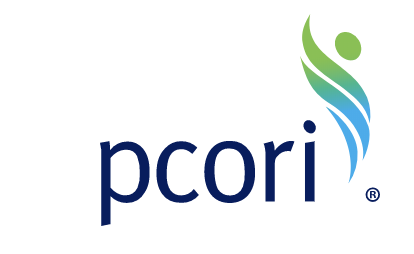PCORI Reauthorization Bill Released
10/21/2019
by Jennifer Dexter, Director, Policy
On Friday, Oct. 18, Senators Cassidy (R-LA), Capito (R-WV), Warner (D-VA) and Van Hollen (D-MD) released a draft of their bipartisan legislation to continue the work of the Patient-Centered Outcomes Research Institute (PCORI). Ensuring PCORI is authorized to continue its important work is a key policy priority of the NHC. The legislation would authorize PCORI for the next ten years and make some changes to the way they gather and use data. Currently, PCORI is authorized to operate through Nov. 21, 2019 and the goal is to pass legislation to reauthorize it before that deadline.
While NHC staff is still reviewing the bill and will be working with members to take a more in-depth position on it, we wanted to call attention to a few things that align with the NHC Domains and Values on PCORI Reauthorization.
One of the issues the NHC and our members have been pushing is to strengthen the way PCORI engages patients and patient organizations in their work. The draft bill includes report language that directs PCORI to:
“maintain its commitment to robust and meaningful patient engagement, including in the selection of national priority topics and research questions and emphasize building patient capacity to engage in PCOR Activities.”
This language aligns directly with recommendations that NHC developed and submitted to the team working on developing the legislation. As the bill moves forward, we will be continuing to advocate for greater support, including financial support, for patients and patient groups in PCOR activities.
There is also significant alignment between the legislative language on outcomes to be studied and the NHC recommendations. In our domains and values, the NHC called for “research that assesses treatment value from the patient and family perspective (e.g., studies that consider benefits and costs beyond clinical outcomes such as direct/indirect costs, impact on families, productivity, travel, etc.).” The purpose of this is to make sure we are considering the full impact of a treatment on the life of a patient and their family and not just the direct health outcome or cost. We know that a good health outcome can be of lower value if achieving it puts excessive burden on the patient to access it, overtaxes caregivers or results in significant economic impact for the patient through lost work or other issues. The draft bill includes the following language on outcomes data:
‘‘(F) CONSIDERATION OF FULL RANGE OF OUTCOMES DATA.— Research shall be designed, as appropriate, to take into account and capture the full range of clinical and patient-centered outcomes relevant to, and that meet the needs of, patients, clinicians, purchasers, and policy-makers in making informed health decisions. In addition to the relative health outcomes and clinical effectiveness, clinical and patient-centered outcomes shall include the potential burdens and economic impacts of the utilization of medical treatments, items, and services on different stakeholders and decision-makers respectively. These potential burdens and economic impacts include medical out-of-pocket costs, non-medical costs to the patient and family, effects on future costs of care, workplace productivity and absenteeism, and healthcare utilization.”
The legislation should be officially introduced very soon and NHC staff will continue to work with our membership to develop specific positions on the bill and to advocate for a final bill that achieves our goals.
